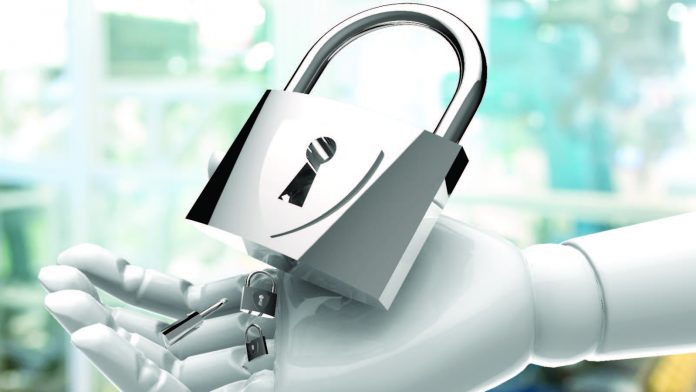Amidst the rising online cyber-attacks, many enterprises are experimenting with AI-based cybersecurity programs to tackle the threats.
AI and Machine Learning technology promise to be a boon for cybersecurity technologies, like these, can advance the capabilities of traditional approaches. According to some experts, AI technology may define the future of cybersecurity. For example, today many banks deploy manual cybersecurity personnel to identify the location of users, while they log-in from their home locations. Based on the data from their devices, these security officers make manual checks with users to ensure their security. In the near future, we can expect AI to advance this approach with location-based, device-based, and automated confirmations with users.
UL Announces Cyber Security Solution to Safeguard Supply Chains
Moreover, AI will not only remain limited to the new adoption of old technologies. Many security experts believe AI technology can detect abnormalities in complex systems with new algorithms, and predict a future wave of attacks before they happen. Such strategies are already being used by cyber firms since the traditional approach to security lags behind in the analysis of known threats. However, it will be important for these systems to be deployed by firms with cybersecurity intelligence that works in collaboration with human intelligence. Despite AI’s major promise in speeding up security, there are still some questions on whether it can truly predict the next wave of cyber-attacks. Moreover, cyber-attacks consisting of malware can leave a wake of destruction if not detected properly, and rising unpredictability in detecting these threats also promises major concern for security professionals today.
A report by Norton security highlights the rising predicament of global cybersecurity. The firm reported that the global cost of data breach recovery can amount to over $3.86 million. Moreover, firms on average require over 186 days recovering their lost assets and recovering financially. Hence, despite the drawbacks of AI, it is clear that human security intelligence requires all the help it can get. Furthermore, AI machines with the help of machine learning can recognize data patterns by availing tens of millions of research articles on the web. This is beyond the capacity of human intelligence, and hence, AI, and ML will likely help organizations reduce costs during data breaches, as well as reduce recovery times.
AI also promises strength to cybersecurity in the area of threat detection. Traditional security apparatuses use digital signatures, or indicators to identify potential threats, and this approach has proven to be effective in detecting 90% of encountered threats. As mentioned earlier, AI may not be able to predict the wave of future attacks. However, it shows promise in increasing the detection rate by 5%. However, some security experts raise doubts over this capability of AI. According to them, the speedy mechanism of AI capabilities can result in many false positives, which ultimately will increase the burden of detection for organizations.
Publishers Looking for CCPA Opt-out Tools for Digitization of Ads
AI experts often counter this by stating it can be used in collaboration with behavioral analysis, which is still in its nascent stages. However, it is certainly true that AI can be deployed to detect profiles of various applications, and ultimately secure a large number of endpoints in complex networks.
It doesn’t matter which side of the AI debate, you find yourself on. The futuristic collaboration between AI and cybersecurity is a promising wave of innovation for all of us.









